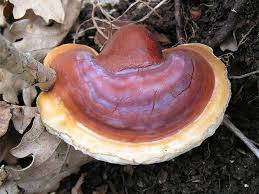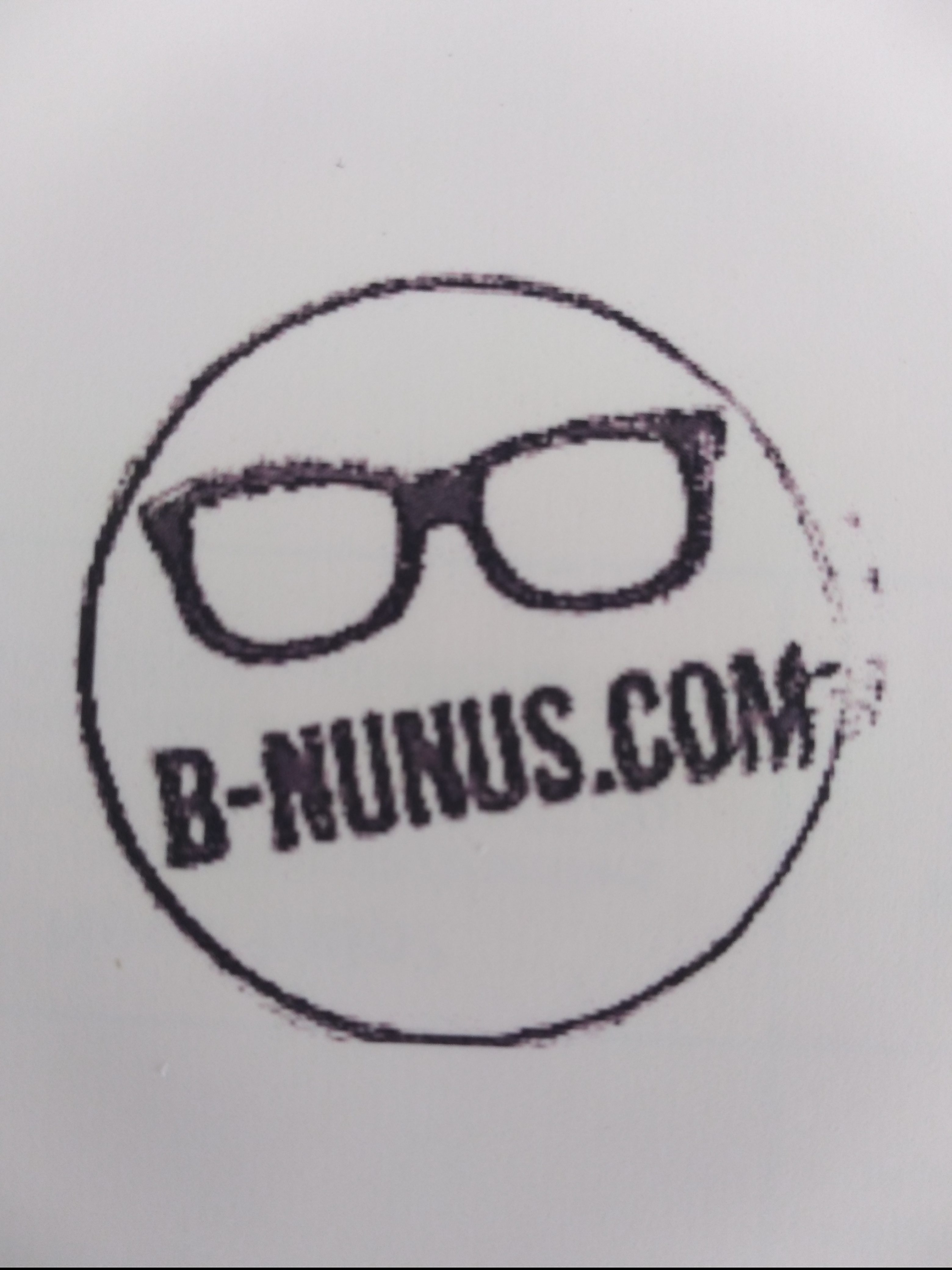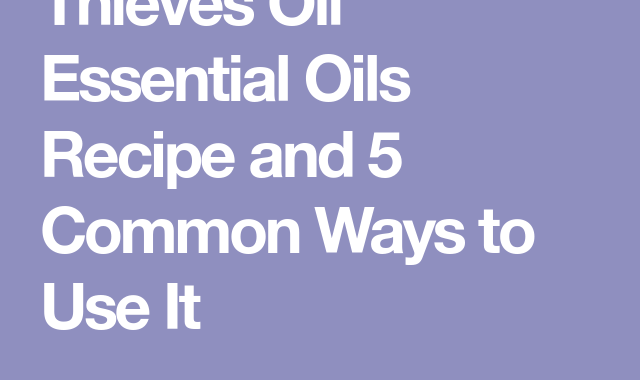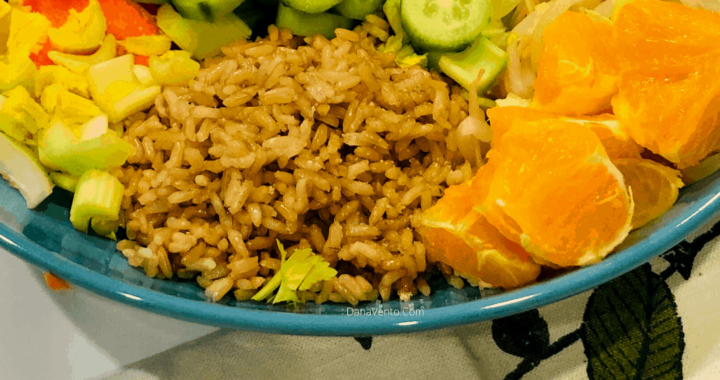Reishi mushroom benefits
5 min read
Hailed in ancient Eastern medicine as the “mushroom of immortality” and the “medicine of kings,” you’d expect reishi to offer you some pretty astounding health benefits, right? Your assumptions are correct. This prized fungus may be able to boost your immune system, fight cancer, ward off heart disease, calm your nerves and relieve both allergies and inflammation.
“Reishi indeed sounds like a cure-all,” writes Rebecca Wood in her book “New Whole Foods Encyclopedia.” She goes on to explain reishi’s wide range of uses: “An immunostimulant, it is helpful for people with AIDS, leaky-gut syndrome, Epstein-Barr, chronic bronchitis and other infectious diseases. It is used as an aid to sleep, as a diuretic, as a laxative andto lower cholesterol.” It almost seems too good to be true.
How can one fungus help the human body in so many ways? Traditional Eastern medical science explains reishi’s wide range of medicinal applications better, perhaps, than mainstream medicine ever could. According to Eastern thought, the body needs to defend itself against threats to its “equilibrium.” These threats can be physical, such as viruses and bacteria that cause infection; emotional, such as stressors that cause anxiety; or energetic, in that they reduce alertness. Whatever the threat, reishi helps the body maintain its defense against these threats to its equilibrium, helping the body to maintain balance. In this sense, diseases like heart disease and cancer mean that the body is out of balance, which is why an equilibrium-enhancing remedy such as reishi can help so many diverse ailments.
Skeptics can doubt the previous explanation as Taoist “mumbo jumbo,” but laboratory research proves many of reishi’s medicinal applications. As Dr. Andrew Weil writes, reishi “has been the subject of a surprising amount of scientific research in Asia and the West.” Research shows that the polysaccharide beta-1,3-D-glucan in reishi boosts the immune system by raising the amount of macrophages T-cells, which has major implications for people suffering from AIDS and other immune system disorders.
This immune-boosting action also works wonders in the prevention and treatment of cancer, as the T-cells are then able to fight cancer cells more effectively. However, reishi may help the body defeat cancer in not just one, but four ways. In addition to boosting the immune system, the glucan in reishi helps immune cells bind to tumor cells. Many experts believe that it also actually reduces the number of cancerous cells, making it easier for T-cells and macrophages to rid the body of them. Another substance in reishi, called canthaxanthin, slows down the growth of tumors, according to “Prescription for Dietary Wellness” author Phyllis A. Balch and other experts. As a result of these amazing anti-cancer abilities, laboratory research and traditional medicinal usage of reishi to fight cancer is so positive that the Japanese government officially recognizes it as a cancer treatment.
Besides cancer, reishi can help and treat another of America’s top killers: cardiovascular disease. The protection reishi offers against heart disease and stroke is truly remarkable because it helps prevent so many different risk factors, due to its high content of heart-saving substances like sterols, ganoderic acids, coumarin, mannitol and polysaccharides. Experts believe that the ganoderic acids in particular lower triglyceride levels, remove excess cholesterol from the blood, lower blood pressure, reduce platelet stickiness and even help correct arrhythmia. In fact, for 54 people with hypertension unresponsive to medication, taking reishi extract three times a day for four weeks was enough to significantly lower blood pressure, according to a study reported by Burton Goldberg in “Heart Disease.” Just imagine how the incidence of cardiovascular disease could be reduced if using reishi really caught on in the Western hemisphere.
While you protect your body against infectious disease, cancer and heart disease, your use of reishi can also help relieve your everyday discomforts. Do you have allergies? Japanese researchers discovered that the lanostan in reishi acts as a natural antihistamine. Do you suffer from muscle aches or arthritis? Dr. William B. Stavinhoa of the University of Texas Health Science Center found that reishi is as powerful as five milligrams of hydrocortisone, but with minimal side effects. What about anxiety or insomnia? According to “Mind Boosters” by Dr. Ray Sahelia, the reishi mushroom can calm the mind, as well as improve memory, concentration and focus. With all these benefits, reishi truly is the “medicine of kings.”
Different types of reishi
Though there are six different types of reishi, all classified by color, herbalists generally call red reishi the most potent and medicinal variety, and thus it is the most commonly used form of reishi in North America, Japan, China, Taiwan and Korea. In the wild, the mushroom grows on deciduous trees in heavily forested areas of China and Japan, but it’s now easily and widely cultivated commercially, so you don’t have to venture into the forest to enjoy the benefits of what “Herbal Medicine-Maker’s Handbook” author James Green calls a “remarkably beneficial fungus for the human body.”
However, keep in mind that reishi isn’t exactly the kind of mushroom you’ll want to put in your next salad, either. Since it’s more than 90 percent indigestible fiber, reishi has an extremely wood-like texture and to top it off, it’s unpleasantly bitter. In spite of this bitter flavor, many reishi enthusiasts use ground reishi to make a life-enhancing tea or even use the mushrooms in soups. For the less daring, many health food stores offer reishi capsules, tablets and extracts, and Japanese research suggests taking vitamin C along with it may enhance reishi’s medicinal effects.
So, how much reishi should you take? In the “Vitamin Bible for the Twenty-first Century,” vitamin expert Earl Mindell advises an average dose of 100 milligrams of reishi extract daily to boost your immune system, reduce inflammation and ease joint pain. On the other hand, Dr. Linda B. White recommends up to three 1,000-milligram tablets up to three times per day in her book “The Herbal Drugstore.” Because of this wide range of dosage suggestions and additional risks it might pose for pregnant or lactating women (even though reishi has no known toxicity) you should check with a physician, preferably a naturopath, before adding reishi to your regimen. Similarly, you should be aware that reishi does have some side effects, including abdominal upset, dizziness, nose bleeds and dry mouth and throat, according to “Natural Pharmacy” author Schuyler W. Lininger. In other words, it’s up to you and your naturopath to decide which dose of reishi is right for you
Learn more: http://www.naturalnews.com/021498_reishi_mushrooms.html#ixzz3xEJrYn1T




